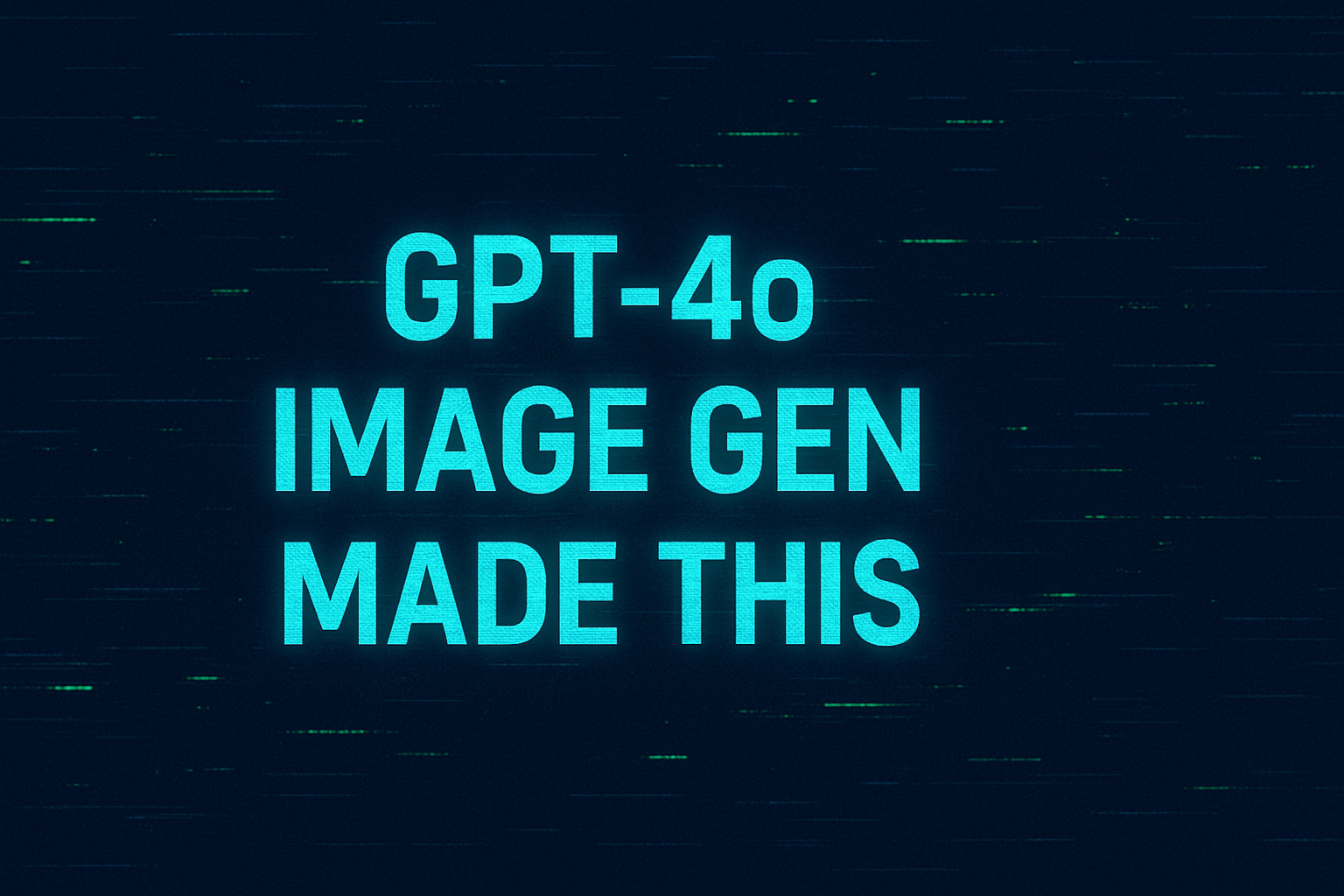
SEO keeps changing, and if you want to stay ahead in 2025, it’s important to focus on strategies that worked in 2024 and look at what’s going to matter this year. I’ve broken it down into three key areas that can really make a difference for your SEO strategy.
1. Diversification of Platforms
Let me be honest—relying only on Google just doesn’t cut it anymore. To have a solid SEO strategy, you need to be on as many platforms as possible. I’m talking YouTube, TikTok, Pinterest, and anything else you can handle. This isn’t just about getting seen more (although that’s a big part of it); it also shows Google that your brand is active and trusted across the web.
Here’s why diversification matters:
- More Places, More Eyes: The more platforms you’re on, the better your chances of getting noticed.
- Build Brand Authority: When you’re mentioned all over the place, Google sees you as a serious, trustworthy player.
- Protect Yourself from Surprises: Remember when TikTok was almost banned in the U.S.? Imagine if all your efforts were tied to just one platform … I nearly did, but thankfully around July last year we started taking YouTube seriously, and I am eternally grateful I did. Diversification keeps you safe.
How to make this work:
- Repurpose the Right Way: Take your blog posts and reshape them to fit the vibe of each platform. Don’t just drop a “Read More” link—actually share useful tips or insights directly in your posts. The idea is to provide ALL the value from the blog post in the chosen platform’s post, then, should they want to read even further, they can do so with the link you provide.
- Use Automation Tools: Tools can save you a ton of time. I’ve shown how to set up systems for TikTok, YouTube, and LinkedIn that make repurposing easier. I predominantly use MAKE to repurpose my content, as it allows for greater customization. I can get very granular by sending the content to a pre-trained assistant GPT that understands my tone of voice and how I write.
- Focus on Value: Each platform has its own style. Tailor your content to fit the audience and format.

If you want to get a jump start into learning how to repurpose your content correctly, I have created an entire FREE mini course called the Content Automation Kickstarter that will help hit the ground running with your content repurposing journey.
Diversifying isn’t just about SEO—it’s about being smart with your overall online presence. Spread out your efforts, and you’ll see the payoff.
Proof of Payoff:
We recently launched a new website with a brand-new domain name (..this one), and thanks to our diversification on different channels (mostly YouTube and TikTok), in the first 7 days of the site being publsihed we’ve already started seeing a steady flow of traffic to this squeaky new domain. Not too shabby!

2. Become a Topical Authority in Your Niche
If you want to dominate your niche, Google needs to know that you’re an expert in it. This means covering every possible angle of your topic and doing it well.
Here’s how to establish yourself as the go-to resource:
- Leave No Stone Unturned: Let’s say you’re in dog training. Write about everything—potty training, leash etiquette, aggressive behaviors—you name it.
- Find and Answer FAQs: A great way to start becoming a topical authority is to figure out all the frequently asked questions people have about your keyword. You can use tools like PeopleAlsoAsked or out own Free Keyword Research tool to easily find all these questions. Then, answer each of those questions in its own detailed blog post. Not only does this help you cover every aspect of your niche, but it also makes your content incredibly helpful to readers.
- Work with AI (Smartly): AI tools like MachinedAI can help you draft content fast, but don’t let the AI tool write everything and upload it blindly. Make sure you give it a good read and add your experience throughout the blog post, as experience is one of the only things AI still can’t quite replicate (yet). In testing this strategy, AI-generated content versus AI-assisted content, the content that was written by AI but polished by an expert nearly ALWAYS performed better. Add your own insights and experiences to make it stand out.
- Focus on Real Value: Go deeper than the surface-level stuff. People (and Google) can tell when your content actually helps solve a problem.
When you’re the authority on a topic, people will trust you, and so will Google. It’s a long game, but it’s worth it.
3. Develop a Strong Backlinking Strategy
Backlinks still matter a lot, but the game isn’t about quantity anymore—it’s about quality.
Why backlinks are key:
- Boost Your Brand’s Visibility: Links from trusted sites make your brand more credible to Google.
- Climb the Rankings: When your links come from contextually relevant places, your rankings for target keywords improve.
How to get it right:
- Start with Branded Links: Studies show that branded mentions are incredibly powerful for SEO. If people are talking about your brand, Google notices.
- Go for Relevance: If you’re a dog trainer, aim to get links from vets, pet stores, or dog groomers—not random tech blogs.
- Consider Outsourcing: If backlinking feels overwhelming, there are experts out there who can help. We’ve worked with GetMeLinks, and they’ve been fantastic at securing high-quality, relevant backlinks.
Not all backlinks are equal, so focus on quality and relevance. It’ll pay off big time.
4. Bonus: Build a Simple Web App to Add Value
One of the most overlooked ways to drive traffic and provide value is by creating a simple web app or tool that your audience will find useful. These tools don’t just engage your visitors—they also give them a reason to keep coming back to your site. Plus, AI-generated content can’t replace the unique functionality of custom-built tools, so you’ll stand out.
Examples of Simple Tools You Can Build:
- Jewelry Business: Create a ring size calculator or a gemstone matching guide.
- Real Estate: Build a mortgage calculator or a home valuation tool.
- Fitness Coaching: Offer a BMI calculator or a workout planner.
- Car Dealership or Junk Car Buyer: Develop a cost calculator for junk cars or trade-in estimations.
These tools don’t need to be overly complicated—simple functionality can go a long way. When people visit your site to use your tool, they’re more likely to engage with your other content, boosting your brand’s authority and SEO. Over time, you’ll see great results from these efforts, as they differentiate you from competitors and make your site indispensable for users.
We built out Free Keyword Research Tool for this very reason and it has already brought substantial traffic to this website.

Wrapping It Up
SEO in 2025 is about playing smarter, not harder. You’ve got to show up on multiple platforms, prove you’re the expert in your niche, and build strong, meaningful backlinks. Stick to these three strategies, and you’ll not only rank higher but also build a stronger, more resilient online presence.













